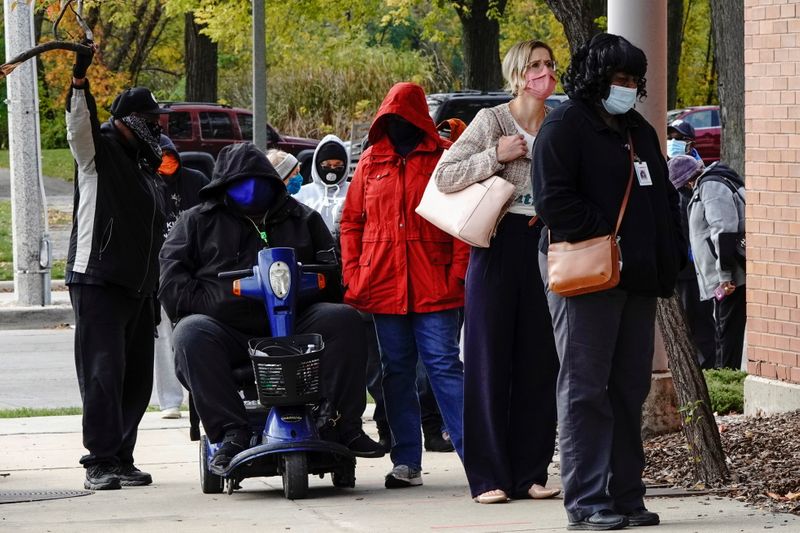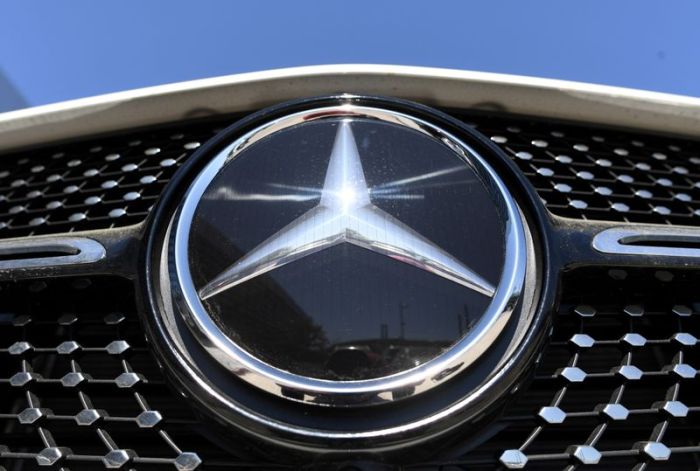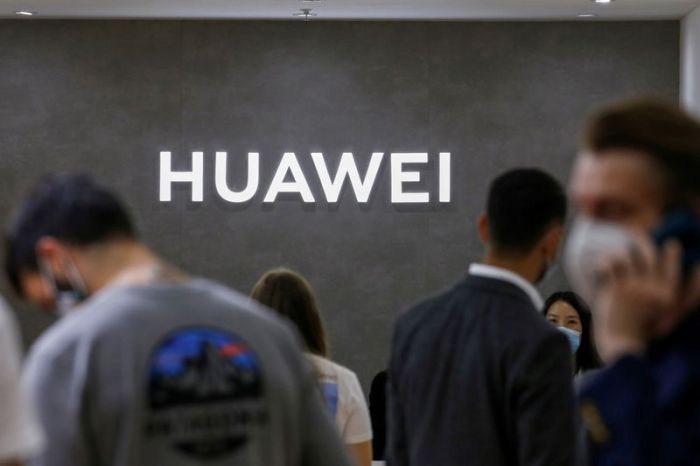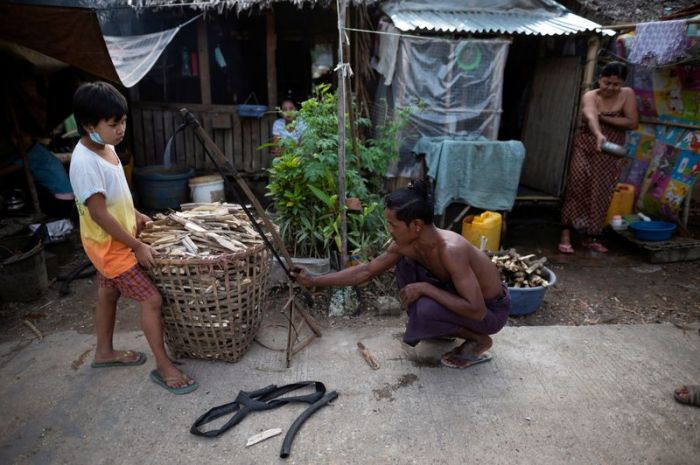LONDON (Reuters) – More than a half million people in the United States could die from COVID-19 by the end of February, but around 130,000 of those lives could be saved if everybody were to wear masks, according to estimates from a modelling study on Friday.
The estimates by researchers at the University of Washington’s Institute for Health Metrics and Evaluation showed that with few effective COVID-19 treatment options and no vaccines yet available, the United States faces “a continued COVID-19 public health challenge through the winter.”
“We are heading into a very substantial fall/winter surge,” said IHME Director Chris Murray, who co-led the research.
He said the projections, as well as currently rising infection rates and deaths, showed there is no basis to “the idea that the pandemic is going away,” adding: “We do not believe that is true.”
President Donald Trump said in Thursday’s election debate of the pandemic: “It’s going away.”
The Friday update was the first time the IHME has projected deaths beyond Feb. 1. Its current forecast on its website is for 386,000 deaths as of Feb 1.
Trump’s handling of the coronavirus pandemic, which has killed more than 221,000 Americans so far, has become the top issue for him and Democratic candidate Joe Biden in the Nov. 3 election. Polls have shown that Americans trust Biden more than Trump to handle the crisis.
The IHME study forecast that large, populous states such as California, Texas and Florida will likely face particularly high levels of illness, deaths and demands on hospital resources.
“We expect the surge to steadily grow across different states and at the national level, and to continue to increase as we head towards high levels of daily deaths in late December and in January,” Murray said.
The modelling study, which mapped out various scenarios and their projected impact on the spread of the COVID-19 epidemic in the United States, found that universal mask-wearing could have a major impact on death rates, potentially saving 130,000 lives.
Current mask use in the United States varies widely. While some states, like New York, set strict rules on when to wear masks, others have no requirements. The issue has become political, in which some supporters have taken their cues from Trump, who is often seen without a mask and has repeatedly questioned their usefulness.
“Expanding mask use is one of the easy wins for the United States … and can save many lives,” Murray said.
He added that, just as parts of Europe and some local U.S. areas of high transmission are doing now, many U.S. states would need to re-introduce social distancing measures to curb the winter surge.
(Reporting by Kate Kelland, additional reporting by Caroline Humer, editing by Steve Orlofsky and Cynthia Osterman)























